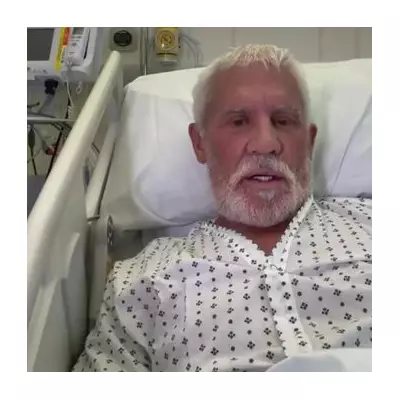
In a groundbreaking move, Chelsea and Westminster Hospital has adopted artificial intelligence to tackle one of the NHS's most pressing challenges: bed shortages. The innovative system predicts when patients are likely to be discharged, allowing staff to better manage resources and reduce delays.
How the AI System Works
The technology analyses vast amounts of patient data, including vital signs, medication schedules, and recovery progress. By identifying patterns in this information, it can forecast discharge times with remarkable accuracy - sometimes up to 48 hours in advance.
Benefits for Patients and Staff
- Reduced waiting times: Earlier discharge predictions mean beds become available sooner for incoming patients
- Improved patient flow: Better planning reduces bottlenecks in the hospital system
- Staff efficiency: Nurses and doctors can prepare discharge paperwork in advance
The Bigger Picture for NHS
This pilot scheme at Chelsea Hospital represents a significant step in the NHS's digital transformation. With bed shortages costing the health service millions annually, such AI solutions could prove invaluable in easing pressure on overstretched facilities across the country.
Hospital administrators report that since implementing the system, they've seen noticeable improvements in bed turnover rates without compromising patient care standards. The success of this trial may pave the way for wider AI adoption throughout the NHS.





